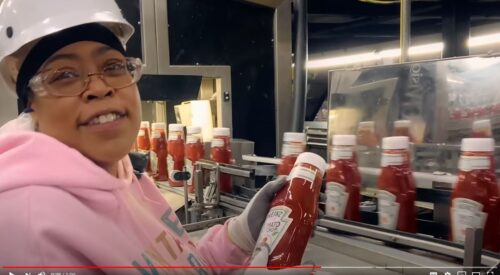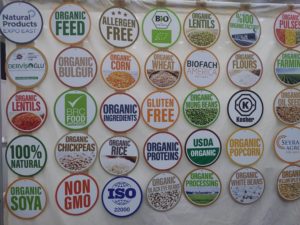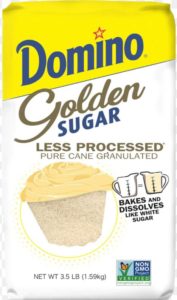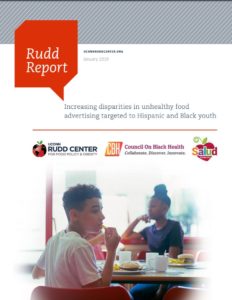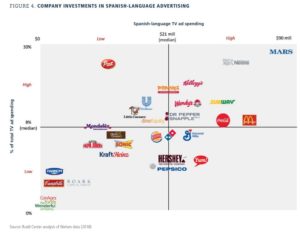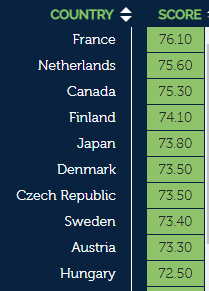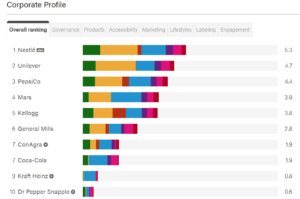Tone deaf food company ads of the week: Are these for real? So it seems.
Here are two ads sent to me last week. Both have now been taken down.

This one, according to reader Tony Vassallo (thanks!) comes from the Walmart Supercenter Store 908 at 8101 South John Young Parkway, Orlando FL. I’m not the only one who thought this was in bad taste (sorry). After a Twitter storm, Pepsi took it down.
But what about this one?

I looked up Westbrook Mall: Calgary, Alberta. This too caused an uproar. The franchise owner apologized, explaining that he was struggling and hoped to generate business, and the sign is now gone, apparently.

